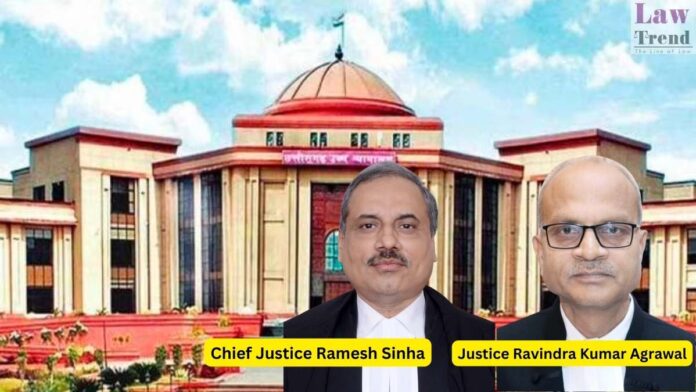In a significant ruling, the Chhattisgarh High Court upheld the conviction and sentence of Abhishek Ratre, who was found guilty under Sections 363, 366, and 376(3) of the Indian Penal Code (IPC) and Sections 4(2) and 6 of the Protection of Children from Sexual Offences (POCSO) Act, 2012. The division bench comprising Chief Justice Ramesh
To Read More Please Subscribe to VIP Membership for Unlimited Access to All the Articles, Download Available Copies of Judgments/Order, Acess to Central/State Bare Acts, Advertisement Free Content, Access to More than 4000 Legal Drafts( Readymade Editable Formats of Suits, Petitions, Writs, Legal Notices, Divorce Petitions, 138 Notices, Bail Applications etc.) in Hindi and English.




